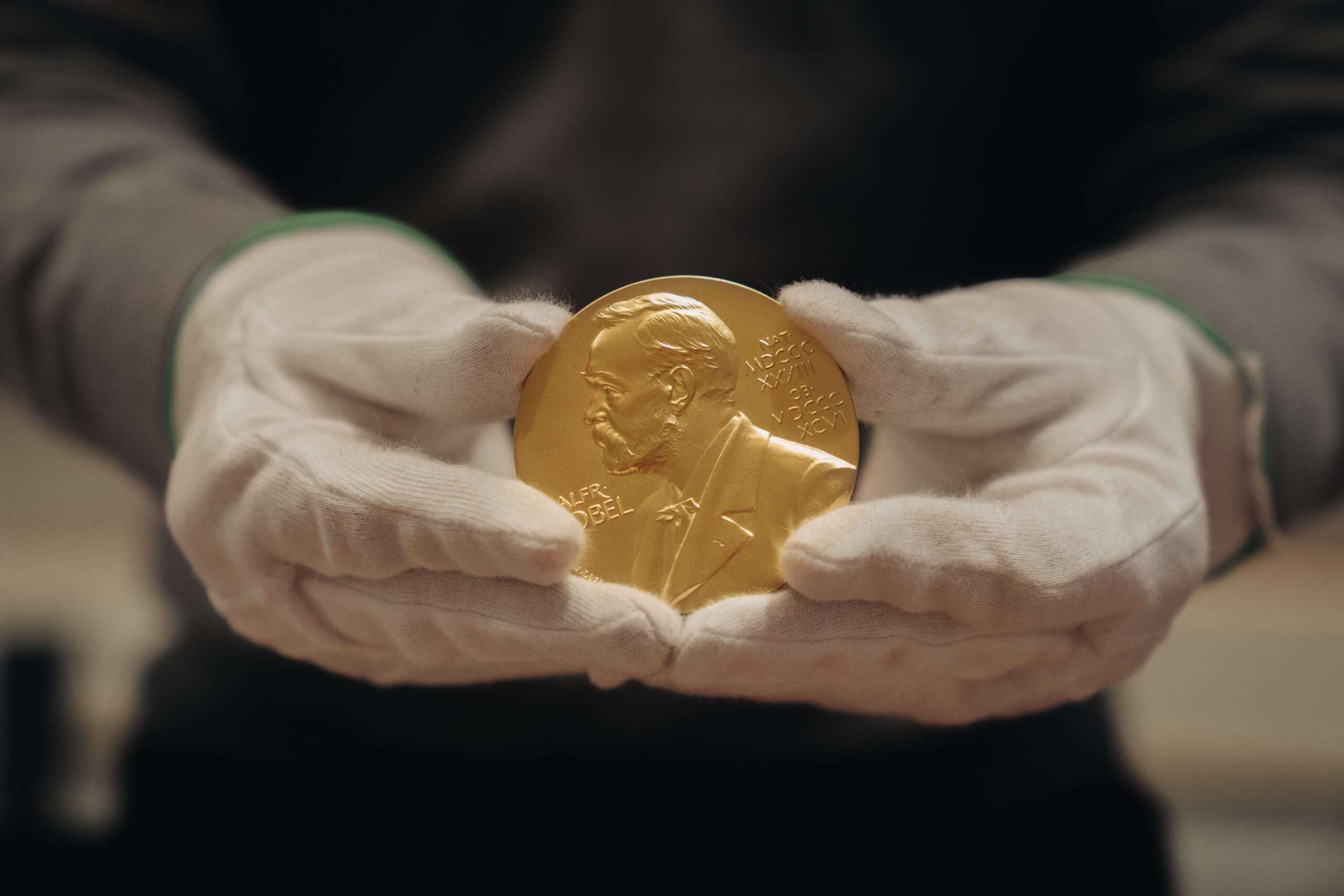
nobel prize in physics goes to early Three physicists have been awarded the 2025 Nobel Prize in Physics for their groundbreaking research in quantum mechanics during the 1980s, which laid the foundation for today’s quantum computing technology.
nobel prize in physics goes to early
Background on Quantum Mechanics
Quantum mechanics, a fundamental theory in physics, describes the physical properties of nature at the scale of atoms and subatomic particles. It has revolutionized our understanding of the universe and has led to numerous technological advancements, including semiconductors, lasers, and, more recently, quantum computers. The principles of quantum mechanics challenge classical physics, introducing concepts such as superposition, entanglement, and quantum tunneling.
The Pioneering Work of Clarke, Devoret, and Martinis
John Clarke, Michel H. Devoret, and John M. Martinis were recognized for their contributions to the field of quantum mechanics, particularly through their development of a circuit that demonstrated quantum tunneling. This phenomenon allows particles to pass through barriers that, according to classical physics, they should not be able to cross. Their work in the 1980s was pivotal in transforming theoretical concepts into practical applications.
Quantum Tunneling Explained
Quantum tunneling is a process where particles can transition through energy barriers. In classical mechanics, a particle must have enough energy to overcome a barrier; however, quantum mechanics allows for the possibility of particles existing in a state where they can “tunnel” through these barriers. This principle is essential for the operation of many modern technologies, including transistors, which are the building blocks of all electronic devices.
Development of the Circuit
Before Clarke, Devoret, and Martinis’s work, quantum tunneling was primarily a theoretical concept. Their experiments provided empirical evidence for this phenomenon by creating a circuit with no electrical resistance. This groundbreaking achievement demonstrated that quantum tunneling could be observed in a physical circuit, which opened the door to advancements in quantum computing.
Impact on Modern Technology
The implications of their research extend far beyond academic interest. The principles they explored have been instrumental in the development of modern transistors, which are critical for the functioning of electronic devices, including smartphones, computers, and various digital technologies. Clarke emphasized this connection during a phone call with reporters at the Nobel ceremony, stating, “I’m speaking on my cell phone and I suspect that you are too, and one of the underlying reasons that the cell phone works is because of all this work.”
Quantum Computing Revolution
With the advent of quantum computing, the work of Clarke, Devoret, and Martinis has gained renewed significance. Quantum computers leverage the principles of quantum mechanics to perform calculations at speeds unattainable by classical computers. In 2019, John M. Martinis, then the hardware lead of Google’s Quantum AI team, announced the achievement of “quantum supremacy,” where a quantum computer solved a problem faster than the most powerful supercomputer available at the time. This milestone underscored the potential of quantum computing to revolutionize fields such as cryptography, materials science, and complex system simulations.
Profiles of the Laureates
John Clarke
John Clarke has had a distinguished career in physics, beginning his professorship at the University of California, Berkeley, in 1969. As an emeritus professor, he continues to contribute to the field. His leadership in the research team has been pivotal in advancing our understanding of quantum mechanics and its applications. Clarke’s surprise at receiving the Nobel Prize reflects his humility and dedication to scientific inquiry.
Michel H. Devoret
Michel H. Devoret has played a significant role in the development of quantum computing technologies. Currently serving as the chief scientist of quantum hardware at Google Quantum AI, he has been at the forefront of research that bridges theoretical physics and practical applications. His work has not only advanced quantum computing but has also influenced the broader field of quantum mechanics.
John M. Martinis
John M. Martinis, a former hardware lead at Google’s Quantum AI team, has made substantial contributions to the field of quantum computing. After declaring quantum supremacy, he transitioned to academic roles, continuing his research at Yale University and the University of California, Santa Barbara. His work exemplifies the collaboration between academia and industry in advancing quantum technologies.
Recognition and Legacy
The Nobel Prize in Physics is one of the highest honors in the scientific community, and the recognition of Clarke, Devoret, and Martinis places them among an elite group of physicists who have made transformative contributions to our understanding of the universe. Previous laureates include renowned figures such as Max Planck, who received the award in 1918, and Albert Einstein, who was honored in 1921 for his groundbreaking work in theoretical physics.
Future Implications
The recognition of these physicists not only highlights their individual contributions but also emphasizes the importance of foundational research in driving technological innovation. As the field of quantum computing continues to evolve, the principles established by Clarke, Devoret, and Martinis will likely play a critical role in shaping the future of technology. Industries ranging from finance to healthcare are poised to benefit from advancements in quantum computing, which promises to solve complex problems that are currently beyond the reach of classical computers.
Stakeholder Reactions
The announcement of the Nobel Prize has elicited a range of reactions from the scientific community and beyond. Many researchers have expressed their admiration for the laureates, acknowledging the profound impact of their work on both theoretical and applied physics. The award has also sparked discussions about the future of quantum computing and the potential for further breakthroughs in the field.
Conclusion
The 2025 Nobel Prize in Physics awarded to John Clarke, Michel H. Devoret, and John M. Martinis serves as a testament to the enduring significance of their research in quantum mechanics. Their pioneering work on quantum tunneling has not only advanced our understanding of fundamental physics but has also laid the groundwork for the burgeoning field of quantum computing. As we move forward into an era increasingly defined by quantum technologies, the contributions of these physicists will continue to resonate, inspiring future generations of scientists and innovators.
Source: Original report
Was this helpful?
Last Modified: October 8, 2025 at 3:39 am
1 views















